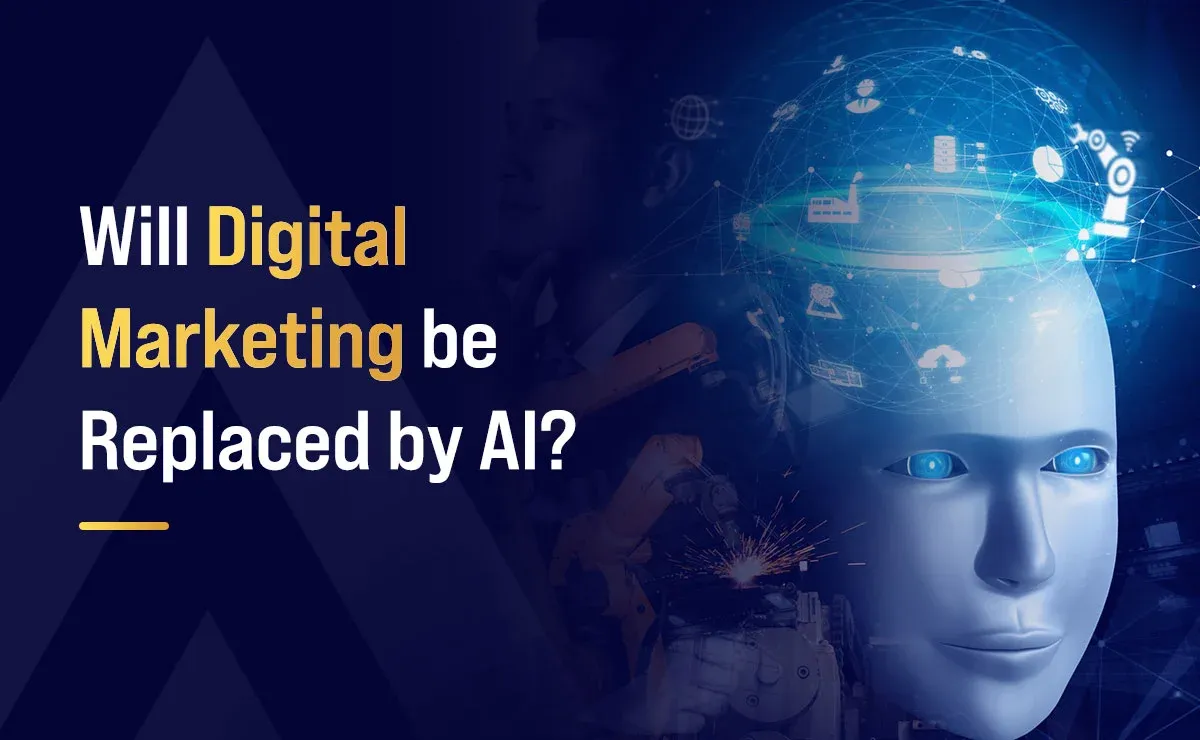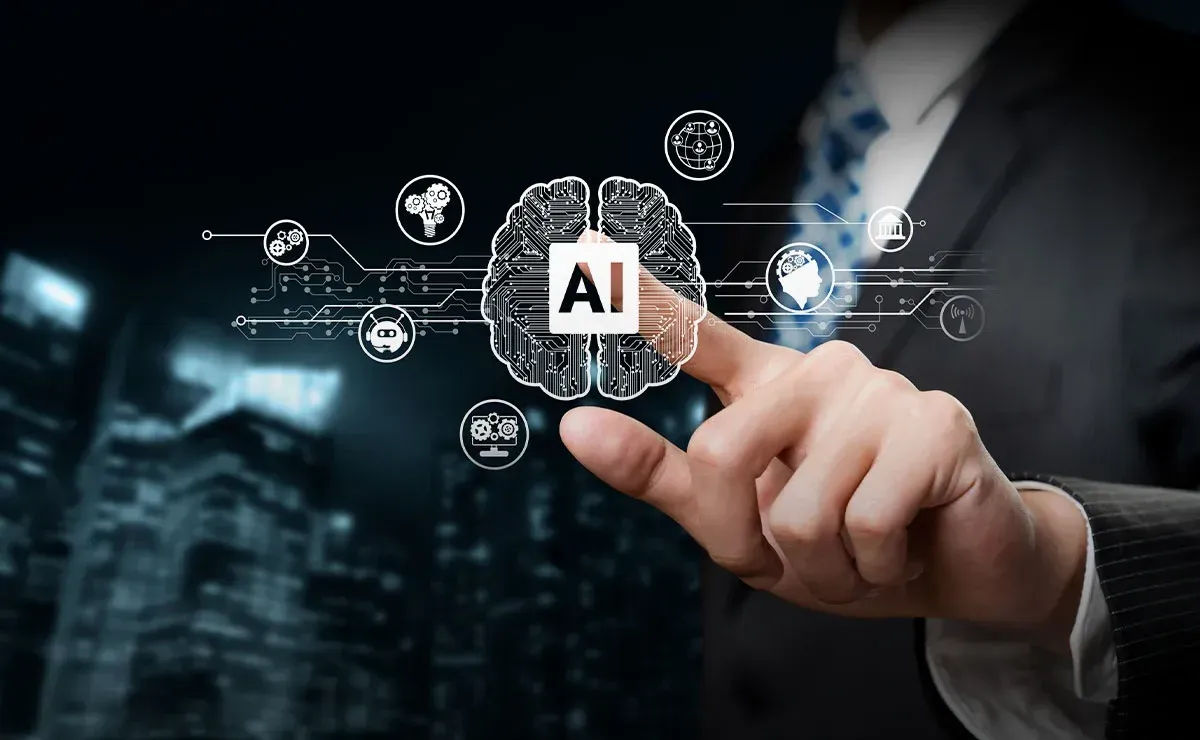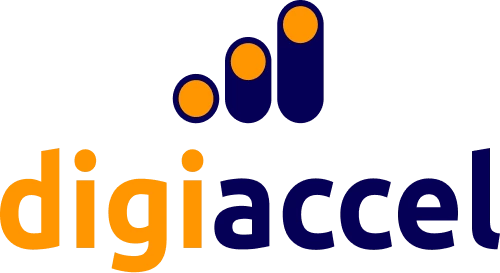Will Digital Marketing be Replaced by AI?

The world of digital marketing is undergoing unprecedented change due to the growing sophistication and proliferation of artificial intelligence across organizations worldwide. The most prominent AI thinker, Andrew Ng, believes that Artificial Intelligence is the new electricity. Like a century ago, when electricity changed everything, AI is changing things the same way today, particularly in marketing.
The global AI marketing automation sector is forecast to reach USD 15.58 billion by 2030, with a compound annual growth rate of 15.3%; despite this surge, the reality is far richer than a straightforward replacement. While AI is revolutionizing how marketing tasks are executed, analyzed, and optimized, it cannot fully replicate the human elements that make marketing truly effective.
This article synthesizes what the technology already delivers, where it still struggles, and how professionals and teams can adapt to stay relevant and lead in an AI-augmented marketing world.
Retaining the Human Touch and Scaling AI
The most effective digital marketing approaches in 2025 are a perfect fusion of AI's computational power with human creativity and emotional intelligence. This convergence should be done in a strategic way that uses AI to be efficient, but still attain the human touch that builds authentic relationships with audiences.

Strategic Implementation Framework
Effective AI integration begins with identifying tasks where automation provides maximum value while maintaining human oversight for strategic decisions. AI excels at rapid, precise analysis of massive datasets, decoding consumer behavior and handling routine marketing activities, while humans excel at ingenuity, emotional intelligence, advanced strategy, and cultural literacy that AI cannot replicate.
Balance Between Content Strategy and Creation
AI will be able to use engagement information across platforms to recommend content and formats that might perform well in content marketing, whereas human content strategists create overarching plans that align with brand voice and values. AI delivers support in research or foundational composition, yet the indispensable nuance, originality, and human emotion that truly captivate readers still require the expertise of skilled writers and editors.
Customer Relationship Management
AI-driven tools may be used to automate tasks such as lead scoring, email messaging, and entry-level customer communication, but it is important to note that human marketers are critical to building long-term, purposeful relationships. Behavioral data can help AI identify highly engaged leads, but only the human touch can determine personalized outreach that targets clients' actual needs and preferences.
Maintaining Authenticity and Trust
The secret of maintaining human touch is to have AI as an assistant, not a substitute. Allowing AI to assist with structures, studies, or other aspects of message delivery, but not to execute the entire task, will keep campaigns genuine and emotionally engaging, which consumers are increasingly seeking in an AI-dominated marketplace.
How AI Is Changing Digital Marketing
Artificial intelligence is transforming digital marketing across multiple dimensions, enabling more efficient, data-driven, and personalized customer engagement.
Hyper-Personalization at Scale
Companies use AI to create highly personalized experiences by analyzing vast amounts of browsing history, purchase patterns, and social platform activity at the individual level. Firms such as Netflix employ AI to recommend shows depending on viewing, and the recommendation systems of Amazon predict customer preferences, which shows how AI can personalize the experience on a scale never seen before.
Real-Time Campaign Optimization
With ongoing improvement, AI-based marketing automation is capable of using machine learning frameworks that evaluate engagement data and campaign metrics. These smart applications automatically optimize variables like creative property, customer targeting, and timing to maximize returns, providing marketers with real-time analytics otherwise unachievable by manual means.
Programmatic Advertising
Programmatic advertising uses AI to optimize bids, placements, and creativity in real time across channels. Machine learning analyzes behavioral and contextual cues to allocate budgets to areas that yield the highest returns. It minimizes manual labor, enables narrow targeting, and helps advertisers cut down on adaptive-driven campaigns that can react to changing audience activity and seasonality with fewer hands-on operations from media teams.
Voice Commerce and AI Integration
Voice commerce integrates consumer data and natural language processing to enable customers to make purchases via spoken instructions. The AI Assistants recall previous interactions, preferences, and context to provide the user with the relevant products and simplify the checkout process. As voice accuracy and contextual understanding improve, brands can create frictionless shopping through smart speakers and voice-enabled apps, delivering personalized recommendations that feel natural, fast, and convenient for customers.
Predictive Analytics and Behavioral Forecasting
Predictive analytics is machine learning that uses data to predict customer behavior, which marketers use to forecast churn, identify high-value segments, and plan budgets in advance. By modeling lifetime value, purchase propensity, and response likelihood, the teams can target interventions before the problem arises and allocate resources to promising opportunities.
Content Creation and Optimization
AI assists teams in brainstorming, drafting, and prioritizing content based on performance indicators. Synthetic video platforms can generate short clips in large quantities, and dynamic creative optimization of alternative ads can generate personalized versions. However, people are still crucial to the story's integrity, brand alignment, and moral checks.
What AI Can and Cannot Do in Digital Marketing?
Understanding AI limitations and strengths helps organizations deploy it where it adds the most value while preserving the human capabilities that drive brand differentiation.
What AI Excels At:
- Large Scale Data Processing: Ingests and analyzes massive structured and unstructured datasets, revealing patterns, customer segments, and performance signals that are hard to detect manually.
- Predictive Analytics: Machine learning-based predictive analytics now empowers marketers to project customer actions, retention risks, customer value, and campaign outputs—enabling proactive, rather than reactive, marketing.
- Marketing Automation: Automates repetitive operations such as email sequencing, lead scoring, social scheduling, and bid management to save time and reduce manual error.
- Programmatic Optimization: Executes ad placements and bidding decisions in milliseconds using hundreds of behavioral and contextual signals to maximize return on spend.
- Personalization: Delivers tailored recommendations and messages by combining real-time behavioral cues, location, and device data to increase relevance and retention.
- Creative Scaling: Assists in generating variants of creative assets and assembling dynamic ads, speeding iteration, and testing performance gains.
Where AI Falls Short:
- Original Creative Strategy: Finds it challenging to come up with something truly new or strategic models that disrupt existing patterns and attract new market interest.
- Emotional Awareness: Lacks lived experience and empathy, which means it can not write a message that really appeals to someone emotionally, and it is incapable of handling sensitive customer interactions.
- Contextual and Cultural Detail: Will contextualize misunderstood humor, irony, and regional culture, posing dangers of tone-deaf or offensive materials.
- Strategic Decision Making: Optimizes within existing parameters but cannot replace human judgment needed for long-term brand positioning or crisis response.
- Quality Control and Brand Consistency: Tends toward formulaic outputs unless humans enforce voice, ethics, and accuracy checks.
Marketing Roles Under Threat of AI
Although AI will not eliminate digital marketing jobs, some jobs are at greater risk of disruption because they involve tasks AI can automate.

Content Writing and Creation
82% of digital marketers identify content writers as the group most at risk of disruption from AI. Automated AI tools produce straightforward content such as articles, product blurbs, and social posts with limited human intervention, but these outputs often miss the emotional subtlety and originality that deeply connect with audiences.
Email Marketing and Automation
Marketers indicate that email marketers face considerable risk from AI disruption. AI can automate email sequences, segment audiences, and personalize messaging at scale. AI-powered tools are decent at drafting marketing copy, editing space, tweaking tone, and enforcing brand guidelines.
Social Media Management
Digital marketers believe social media managers also face substantial risks from AI. Automated social media marketing tools can schedule content, analyze optimal posting times, and even generate post ideas. However, community management and authentic engagement still require a human understanding of social dynamics.
Data Analysis and Administrative Tasks
By leveraging AI’s superior analytical capacity, companies can manage and interpret complex data much faster and more accurately, rendering the once-manual data entry work obsolete. Data entry and administrative positions are some of the most directly impacted fields where AI is concerned, yet such jobs tend to transform into more analytical ones that involve dealing with AI tools.
Programmatic Advertising
Human media planners are being replaced by AI-powered programmatic advertising, with automated systems handling bid optimization, audience targeting, and budgeting. Nevertheless, strategic campaign planning and creative direction are still the responsibility of humans.
Summing Up
Overall, the emergence of AI transforms the digital marketing processes, not to render human talent useless, but to redistribute the most important talents. Marketers who are ahead of their time in this new era are those who will understand, manage, and strategically incorporate AI tools while preserving creativity, empathy, and cultural relevance.
With the automation of routine campaign work, value will shift increasingly toward original thinking, ethical judgment, and deep understanding of the audience, all of which remain beyond the reach of machines. Those who actively invest in upskilling and develop a cooperative "AI-plus-human" mindset will be ahead of others who cling to old-fashioned jobs or fear technological transformation.
Ultimately, digital marketing’s future is neither fully human nor entirely automated but powerfully synergistic, rewarding those who recognize and orchestrate the unique strengths of each.

